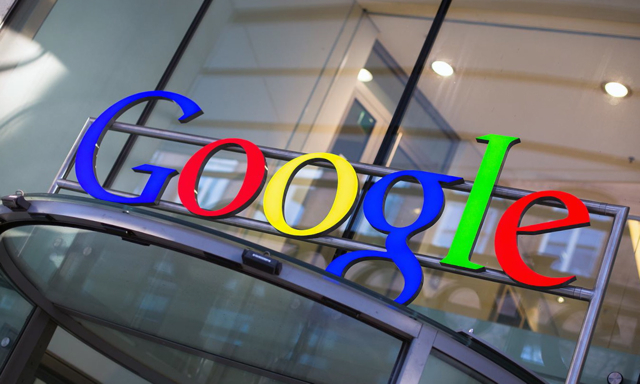European Officials Accuse Google of Breaking Antitrust Rules
April 20, 2016
European officials have charged Google with violating competition rules by favoring Android over rival mobile software. Europe’s competition chief Margrethe Vestager accused the tech giant of unfairly promoting its own mobile search and Chrome browser with phone makers. “We believe that Google’s behavior denies consumers a wider choice of mobile apps and services and stands in the way of innovation by other players,” said Vestager. From Brussels, the European Commission issued a release stating that Google has “abused its dominant position by imposing restrictions on Android device manufacturers and mobile network operators.”
“The charges are the latest chapter in Europe’s continuing battle with technology companies that have come to dominate how the region’s 500 million people use digital services including social media, like Facebook, and e-commerce, like Amazon,” reports The New York Times. “Google has already been the subject of a series of antitrust and privacy investigations across the 28-member bloc.”
Google has several months to respond to charges, which could potentially lead to imposed fines of up to 10 percent of the company’s global revenue.
Google denies the claims, suggesting that dealings with manufacturers such as HTC and Samsung are voluntary, “and that rival mobile services are readily available on its Android software,” notes NYT.
“We take these concerns seriously,” said Kent Walker, Google’s general counsel. “But we also believe that our business model keeps manufacturers’ costs low and their flexibility high, while giving consumers unprecedented control of their mobile devices.”
According to the European Commission’s release, Google’s strategy has been to secure its dominance in Internet search: “First, the practices mean that Google Search is pre-installed and set as the default, or exclusive, search service on most Android devices sold in Europe. Second, the practices appear to close off ways for rival search engines to access the market, via competing mobile browsers and operating systems. In addition, they also seem to harm consumers by stifling competition and restricting innovation in the wider mobile space.”


No Comments Yet
You can be the first to comment!
Sorry, comments for this entry are closed at this time.